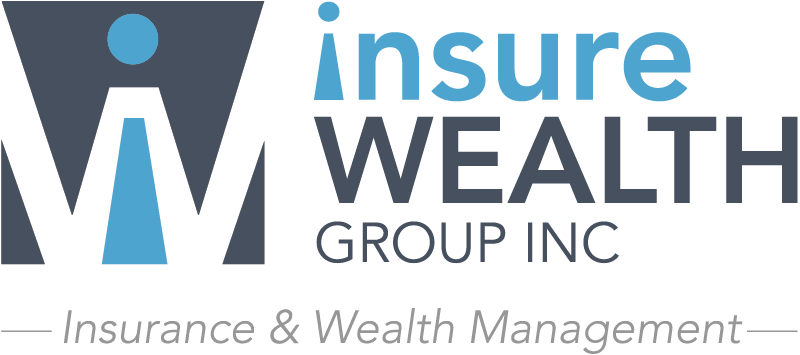
Supporting Local Kids with Kelsey Serwa
September 19, 2018
Write off Health Expenses … whaaaat?
February 4, 2019Fall is a great time for a health tune up.
Does your employer provide you with benefits through an insurance-based or private health plan?
Most plans cover appointments with registered massage therapists and chiropractors. Perhaps you are meeting your Kinesiologist for new core exercises and seeing your Dentist for a cleaning.
In the Fall, we are switching gears from Summer activities to Winter activities. This Summer, were you on your bike, hiking, running or on the golf course? Winter activities change from that to skiing, snowshoeing, swimming and indoor fitness at the gym. All year long, backs, hips, knees and ankles are often the first to be strained.
.

.
As an employee with a busy schedule, your exercise may be limited to your days off work. Your body needs to time to adjust and strengthen for these increased activity levels. Weekend warriors are a Physiotherapist’s best friends.
If you are an employer or own an incorporated business, Private Health Services Plans are a favourable and attractive option.
A long list of eligible expenses include prescription medication, eye glasses and laser eye surgery, health practitioners, dental cleanings, fillings, implants and orthodontics.
Working with your corporate year, the trust is set up for a nominal fee ($250). Employees and their families are enrolled.
All expenses from the beginning of your current corporate year are eligible. For example, if your corporate year end is May 31, all expenses from June 1 2018 forward are considered eligible.
Employers must offer this plan to all their full-time employees, be it two or thirty-six. Benefits can be offered to part time employees as well.
This Health & Dental Plan is flexible when there are a variety of employees. Groups or classes can be established to cover executives, management, field staff and part time employees. Different annual amounts can be offered.
The main advantage to employers is that they remain in control. Costs do not rise every year, as they do with insurance-based plans.
The flexible advantage for employees is that they choose where to spend their health care money. Some may use it for dental check-ups or vision care, others for prescriptions.
There is a one-year carryforward. If employees don’t use all their money in one year, it can be carried forward to the next corporate year. This allows for flexibility with expenses.
Top Up
If you have an insurance-based plan, send in your receipts to the insurance company first. The company reimburses you up to the plan’s maximums. Covered expenses often include prescription medication, dental cleanings and fillings, health practitioners such as registered massage therapists, physiotherapists and eye exams.
Most insurance plans do not reimburse for all costs related to eyeglasses. Orthodontics and implants are also not covered.
This is when a flexible Health Services Plan can step in and help. Any expenses that are not covered 100% by insurance can be claimed on the flexible health/dental plan. This becomes your top-up plan.
Eligibility
When applying for an insurance-based plan, there is often a medical questionnaire that all members need to complete. Treatments and medications for current health conditions can be excluded.
With a Health Trust, these expenses are all eligible and covered because there are no medical questionnaires. Your previous and current health issues are not taken into account.
Before Winter arrives, review your health and dental plan to make sure your Fall Tune-up expenses are covered.
.
Click here if you have any questions
.
Lisa Jaffary is a life insurance agent and financial advisor with Points West Insurance Services in Kelowna. She is a member of the Advocis, the largest professional association of financial advisors in Canada. Call her at 250 861-5166 or e-mail at lisa@pointswest.ca if you have any questions, or wish her to deal with a particular topic in a column.

